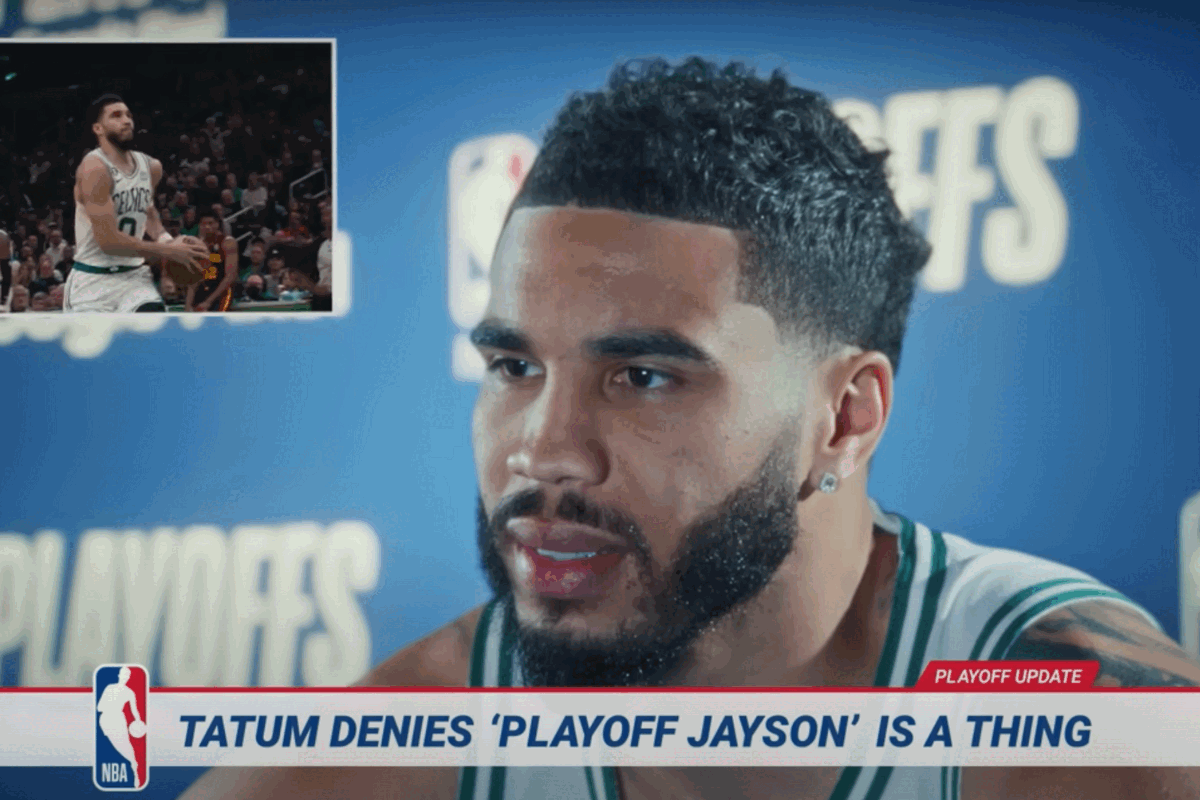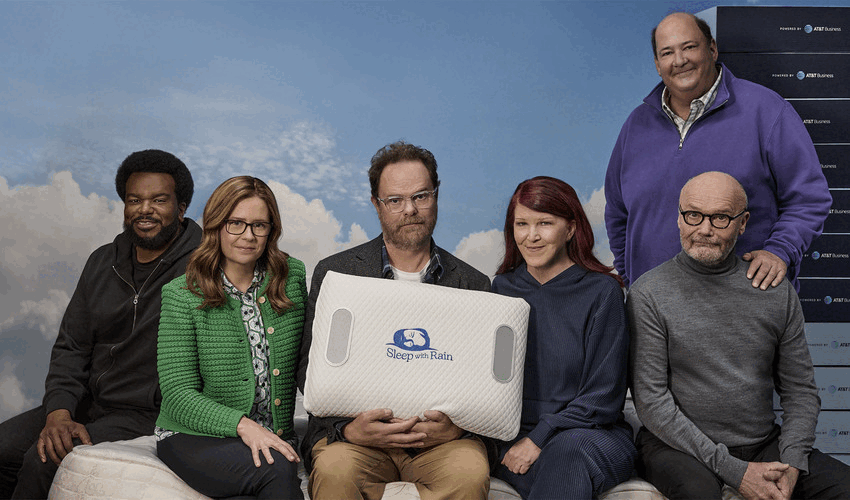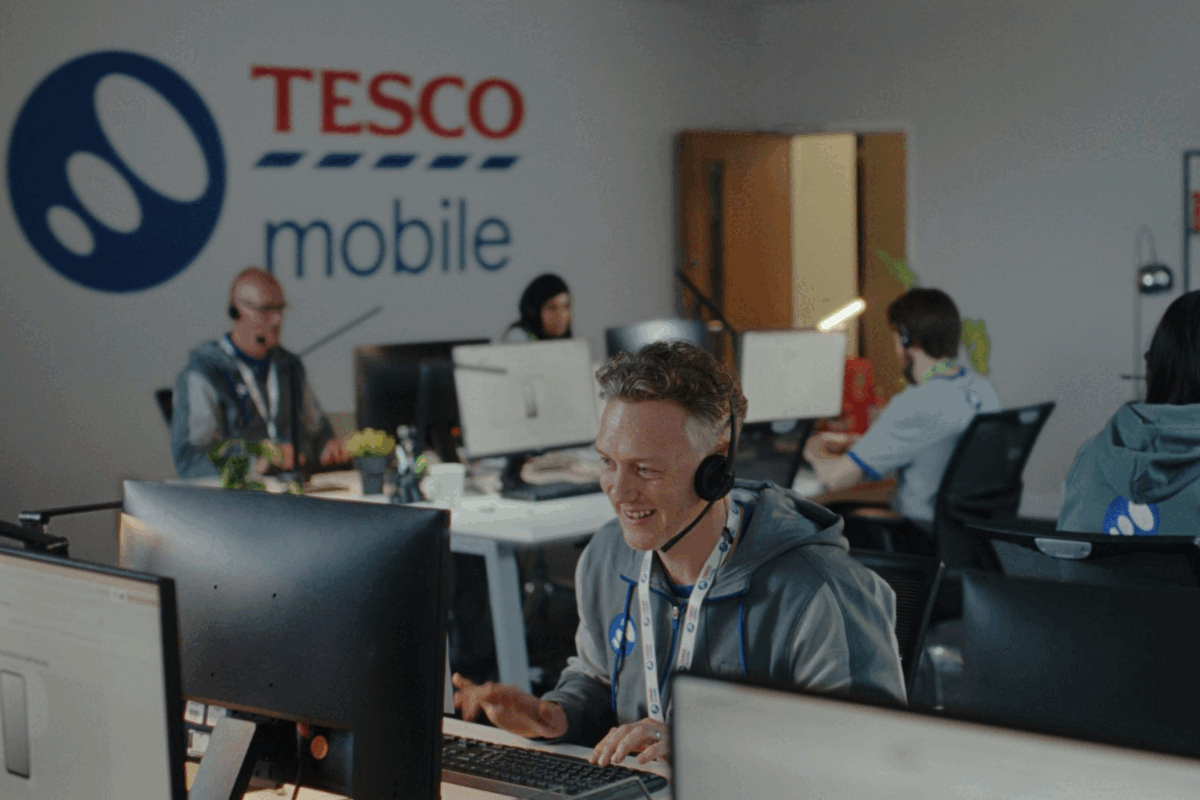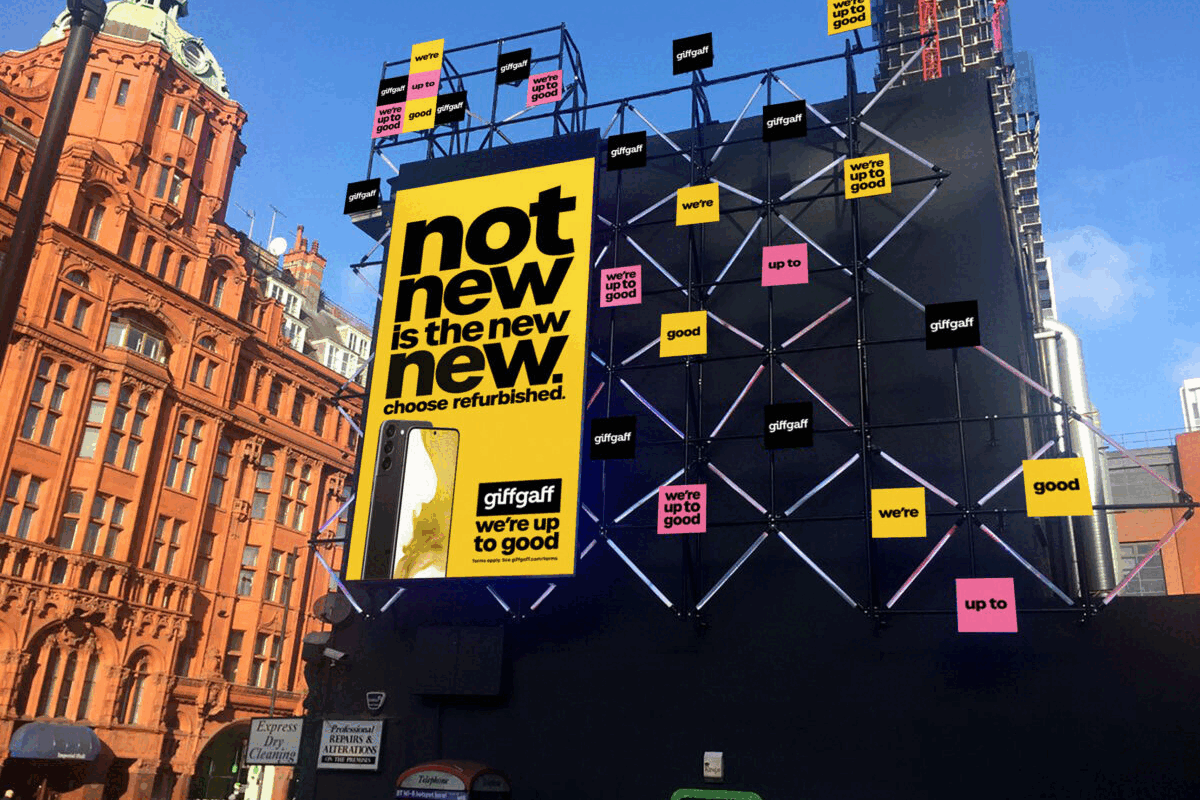NPR launches platform to track podcast listeners
- Thursday, January 3rd, 2019
- Share this article:
 In early December, NPR’s Remote Audio Data system (RAD), was launched to help podcasters and advertising companies track who is listening to which podcasts, and if audiences skip through the embedded ads. While NPR believes the data from RAD will benefit the ad-supported podcast industry, their information will be inaccurate without the support of Apple, who usually does not share consumer data.
In early December, NPR’s Remote Audio Data system (RAD), was launched to help podcasters and advertising companies track who is listening to which podcasts, and if audiences skip through the embedded ads. While NPR believes the data from RAD will benefit the ad-supported podcast industry, their information will be inaccurate without the support of Apple, who usually does not share consumer data.
According to IAB and PricewaterhouseCoopers US, revenue from advertisements embedded in podcasts is expected to reach $659m in 2020, which is up from $314m in 2017. RAD would be the first software specifically created to track podcast analytics, benefiting the advertisers who solely rely on download count for value figures. NPR knows that the number of times a podcast is downloaded does not accurately reflect how many listeners a podcast has, how long they listen to the podcast, or if they skip through any of the ads.
RAD works by having podcasters code specific tags throughout each episode, so NPR may detect when each individual listener reaches a specific point of the podcast, including advertisements. This data gets sent back to the podcast’s creator, giving them an accurate idea of which segments are fully reached.
“Over the course of the past year, we have been refining these concepts and the technology in collaboration with some of the smartest people in podcasting from around the world,” said Joel Sucherman, VP of new platform partnerships at NPR. “We needed to take painstaking care to prove out our commitment to the privacy of listeners, while providing a standard that the industry could rally around in our collective efforts to continue to evolve the podcasting space.”
NPR has already partnered with multiple analytics standard companies, hosting platforms, smaller consumption platforms, and the NPR One app, but has received some backlash from platforms who don’t think data sharing is necessary. Pocket Casts, the platform that was recently acquired by NPR, tweeted that they had no plans of using RAD since they had their own “product roadmap”.
Although NPR has partnered with smaller podcast platforms, they are still hoping to partner with Apple and Spotify, who attract the largest portion of listeners.
Spotify has also recently started developing an analytics platform geared towards tracking podcast listeners, and Apple is beta testing a platform that measures listening duration, but unlike RAD, these platforms are unable to gather all listens across all platforms simultaneously.
Overcast founder Marco Arment tweeted that RAD could violate Europe’s new GDPR privacy protections, saying “there’s no clear benefit to the app makers (in fact, it requires more work), and it’s a privacy violation and a GDPR liability that users would likely object to if they understood it.”
Other podcasts have stated a need for users to knowingly opt-in to being tracked, making the process more transparent. While NPR has stated they will not be releasing any personal or identifying information, IAB recently created a certification program for any current or future analytics platform who plans on tracking user data.















